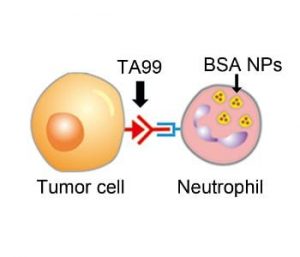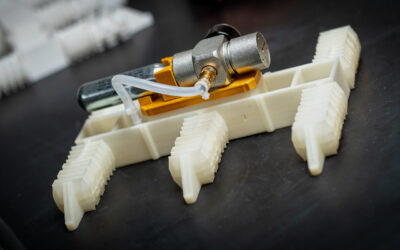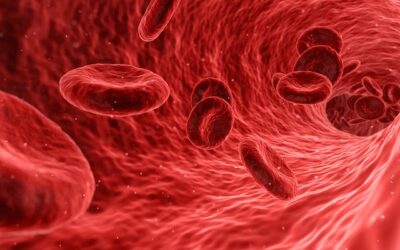 Delivering drugs using nanoparticles (NPs) offers great promise to fight cancer. Initially, the idea was that drug-loaded NPs could accumulate in tumor sites because tumorous vasculature is leakier than healthy tissues, thus increasing the anti-cancer drug concentrations in tumors to enhance therapies. However, Dr. Zhenjia Wang and Dafeng Chu in the School of Pharmacy, Washington State University, Spokane, US, have proposed a new idea to deliver anti-cancer drugs to tumor sites by combining immunotherapy and nanoparticles. This study has been published in Advanced Healthcare Materials.
Delivering drugs using nanoparticles (NPs) offers great promise to fight cancer. Initially, the idea was that drug-loaded NPs could accumulate in tumor sites because tumorous vasculature is leakier than healthy tissues, thus increasing the anti-cancer drug concentrations in tumors to enhance therapies. However, Dr. Zhenjia Wang and Dafeng Chu in the School of Pharmacy, Washington State University, Spokane, US, have proposed a new idea to deliver anti-cancer drugs to tumor sites by combining immunotherapy and nanoparticles. This study has been published in Advanced Healthcare Materials.
In this paper, the researchers found that the monoclonal antibodies (TA99) can promote the migration of neutrophils, a type of white blood cells, into tumor sites, and also albumin nanoparticles made from album, plasma protein, are capable of entering activated neutrophils. When they administrated both antibodies (TA99) and anti-cancer-loaded nanoparticles into a tumor-bearing mouse, they showed that the tumor sizes dramatically decreased and the survival rate significantly increased. The work offers a new opportunity to effectively fight cancer by nanoparticle hijacking of neutrophils to deliver drugs in the tumor sites. Most importantly, human neutrophils account for 50-70% of all circulating white blood cells, so this finding could be promising for treating cancer patients.
















